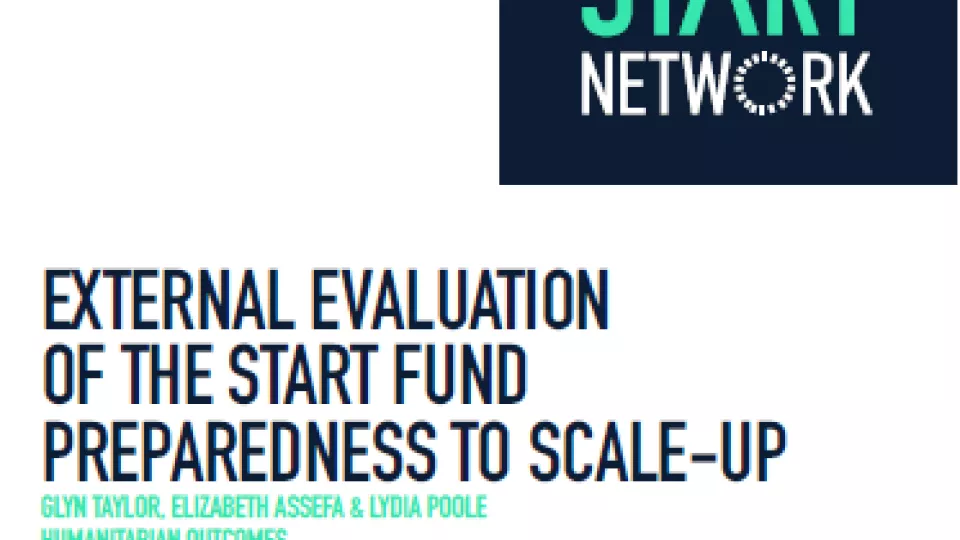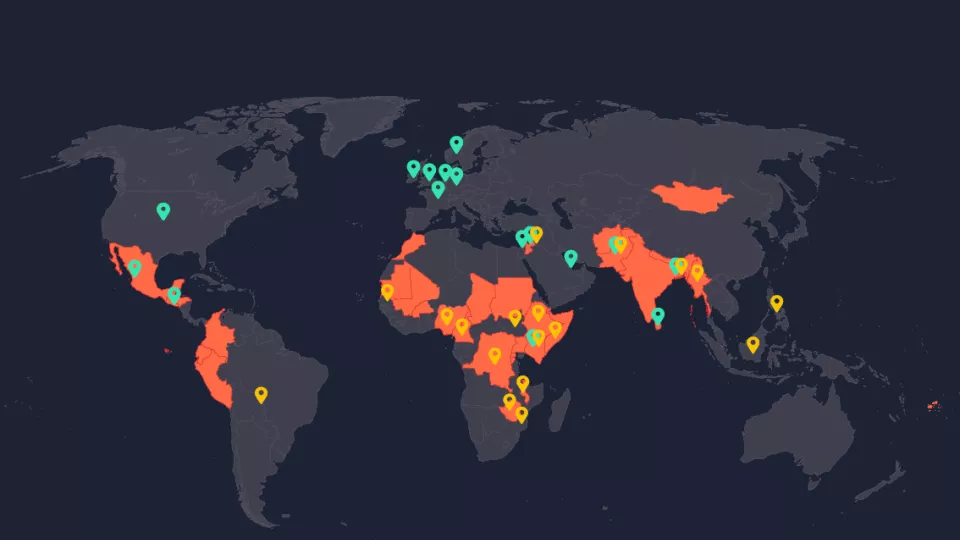
EXTERNAL EVALUATION OF THE START FUND PREPAREDNESS TO SCALE-UP
This external evaluation was commissioned to ‘assess the preparedness of Start Fund to scale-up its operations and suggest future growth rate scenarios’. The overarching purpose of the evaluation is stated as two-fold: Assess the preparedness of the Start Fund to scale up its operation; Inform the Start Fund of the appropriate scale-up considerations (including the size and growth rate scenarios).



